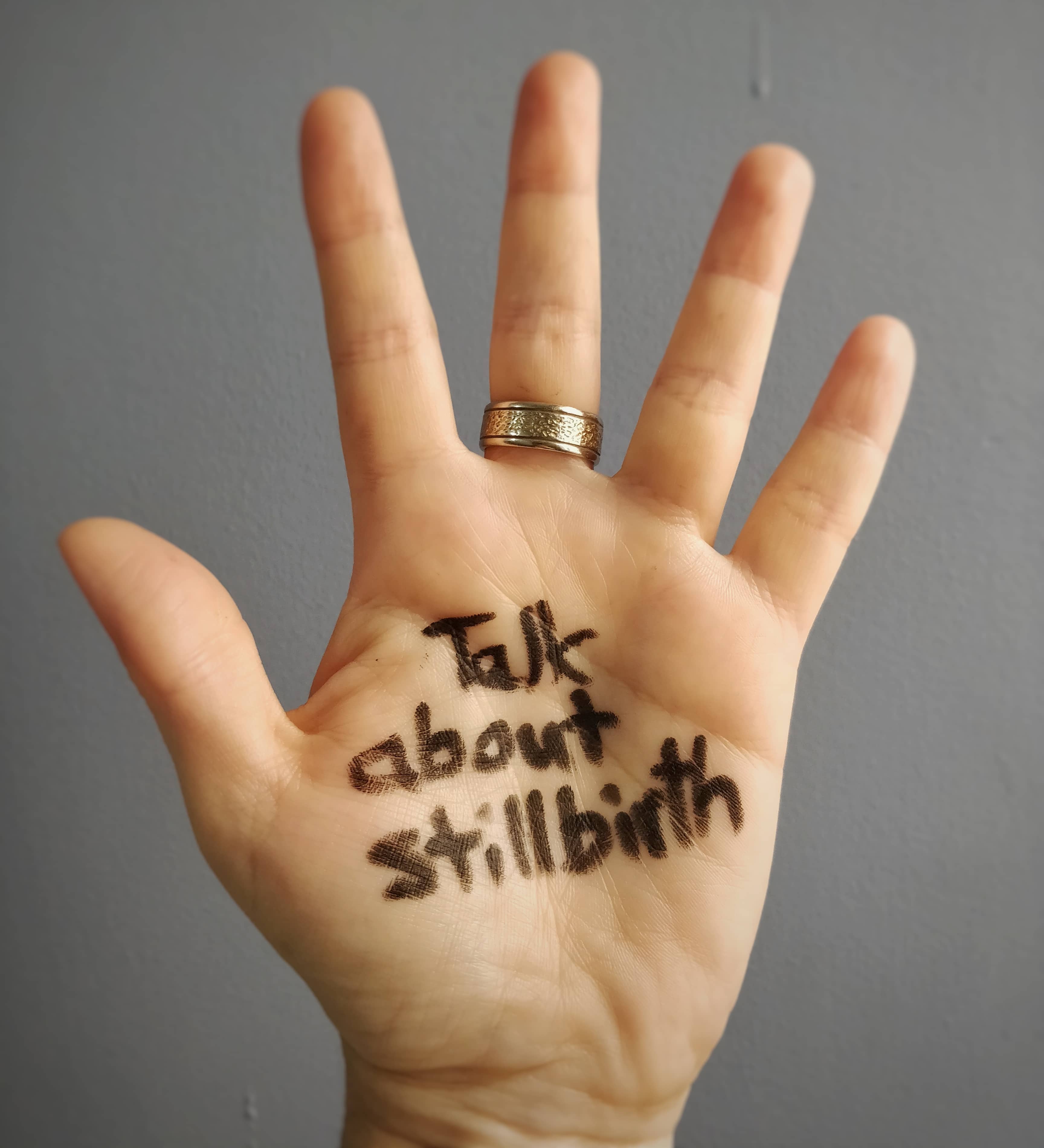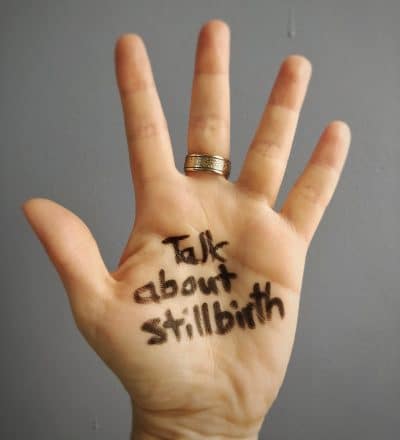Talking About Stillbirth
 On September 6th, 2010, I was on the 37th week and three days of my second pregnancy. I was feeling under the weather, so I spent most of the day in bed. That afternoon I wasn’t sure I felt my baby move, so I went to the ER.
On September 6th, 2010, I was on the 37th week and three days of my second pregnancy. I was feeling under the weather, so I spent most of the day in bed. That afternoon I wasn’t sure I felt my baby move, so I went to the ER.
After several attempts to hook up the baby monitor, one of 3 doctors who were standing in front of me said: “I’m sorry, but there’s no pulse.”
Or, in other words: your baby died inside your womb.
When that happened to me, I felt utterly alone, like I was the only one in the world who went through stillbirth.
Of course, this was not the case:
6 of every 1,000 childbirths in Israel end in stillbirth. In Australia, those numbers are double.
There’s no way I am the only one who went through stillbirth.
We see this with other traumas as well; when something so profoundly significant happens to us, we feel we’re the only one this happened to. To that, we add the element of silence.
Generally speaking, traumas tend to be hushed. As if it’s best not talking about it, not let it be a part of our lives. Just go on with life. We have nothing to do about this now. We need to let go. Don’t deal with it. Don’t dwell on it.
“Time heals all.”
I don’t think time heals anything.
Silence only deepens trauma. Trauma grows well in the dark. Silence continually feeding it, and it exists inside us in isolation.
It’s not clear when silence became an unwritten law when it comes to traumas, but if we look at traumas in general, silence is there, and everyone agrees on this code: something happened, and we’re not talking about it.
What does it mean “talking about stillbirth”?
Today we can find many stillbirth stories almost on all social media:
On YouTube, we can see women sitting in their bedrooms, in front of a camera, sharing with us all that has happened in the delivery room.
On Instagram, we can find photos of babies who were born still.
On Facebook, we can find many groups about stillbirth and now and then someone will share she went through stillbirth and write what she went through.
A lot of pain and many tears come up from all these stories.
But stillbirth does not end in the delivery room. It just begins there.
In my opinion, talking about the stillbirth itself is just one part of our healing. The title “stillbirth” includes all that happens after the birth itself: the stares from people I know at the supermarket or in the street, crying, the phantom pains I had in my arms because my baby girl Ayelet wasn’t in them. The loud silence that filled my house and my life after I came home from the hospital, the inability of many people around me to contain my pain and loss. The society we live in which rushes us to “get over it already,” which promises me that I will soon have a new baby, long before they acknowledge my baby existed, and now she’s dead.
How jealous and bitter I was whenever I saw a woman with two children, or a pregnant woman, or a woman who had her baby around the time I had my stillbirth. The fact that I had to deal with being envious and bitter, two feelings I never felt before.
This experience taught me what deep, real sadness is, from the deepest place there is, my womb. All these and more are parts of “talking about stillbirth.”
Talking about stillbirth is also the healing process I went through, feeling all those emotions everyone wants to help you avoid: grief, loss, emptiness.
Talking about our spouses, who also lost their baby, they too mourn and feel the loss. This, too, falls under the title “talking about stillbirth.”
Let me assure you, time doesn’t heal anything. We heal ourselves.
Time allows us the time to go through our journey. Time does not make us forget or dims anything; many times, time is a painful reminder of all that we have lost.
At other times time passes by.
And where are we in all this? We flow along with the minutes and seconds that go by?
We choose how to live our lives. We will meet our experiences again and again in the course of our lives. It is the choices and decisions we make that will determine the life we have after this experience.
We are much stronger than society thinks we are.
We are much stronger than we think.
So here it is:
During these nine years since my stillbirth, I had a physical and emotional fight in birth, loss, and healing. I gave and received great love with my husband, my son, and the people who helped me along the way. Fear from another pregnancy, another stillbirth. Joy from another pregnancy, movements of a living baby inside me again, joy for all that I have. Loss of a baby and a lifetime I will never have with her. Hope that I will be happy soon, that I will heal, that I will be able to draw meaning from this experience. Pain for having to go through this sad experience, that a baby died in my womb. Healing from this experience and everything that comes with it, looking it straight in the eye and understanding that it’s another experience to what is called “Yael’s life.”
Nine years after and I wish to share my story with others who went through stillbirth and loss because I want to talk about stillbirth and not be silent anymore. It’s important to help others know they are not alone, and also, please remember: there is hope after stillbirth.
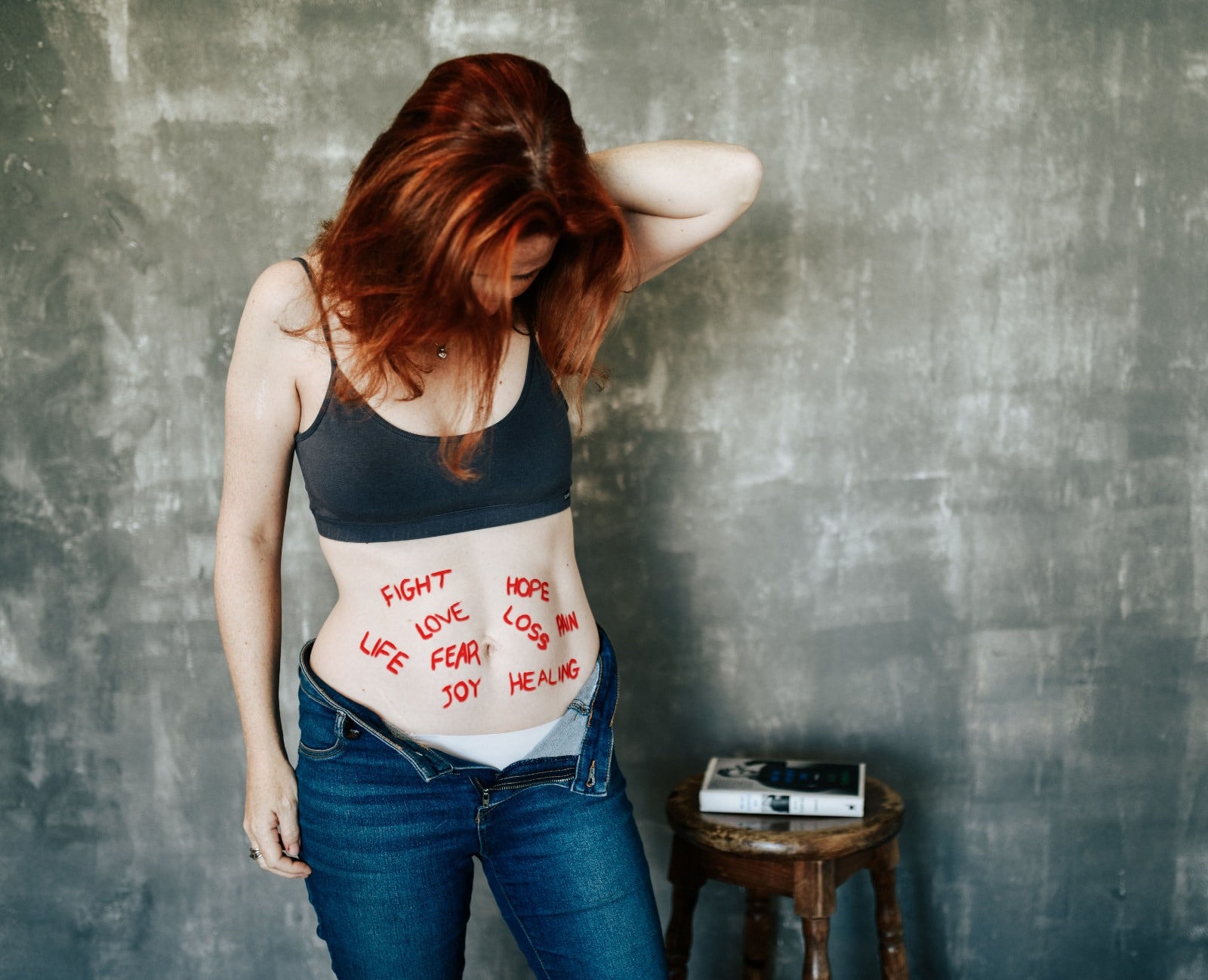
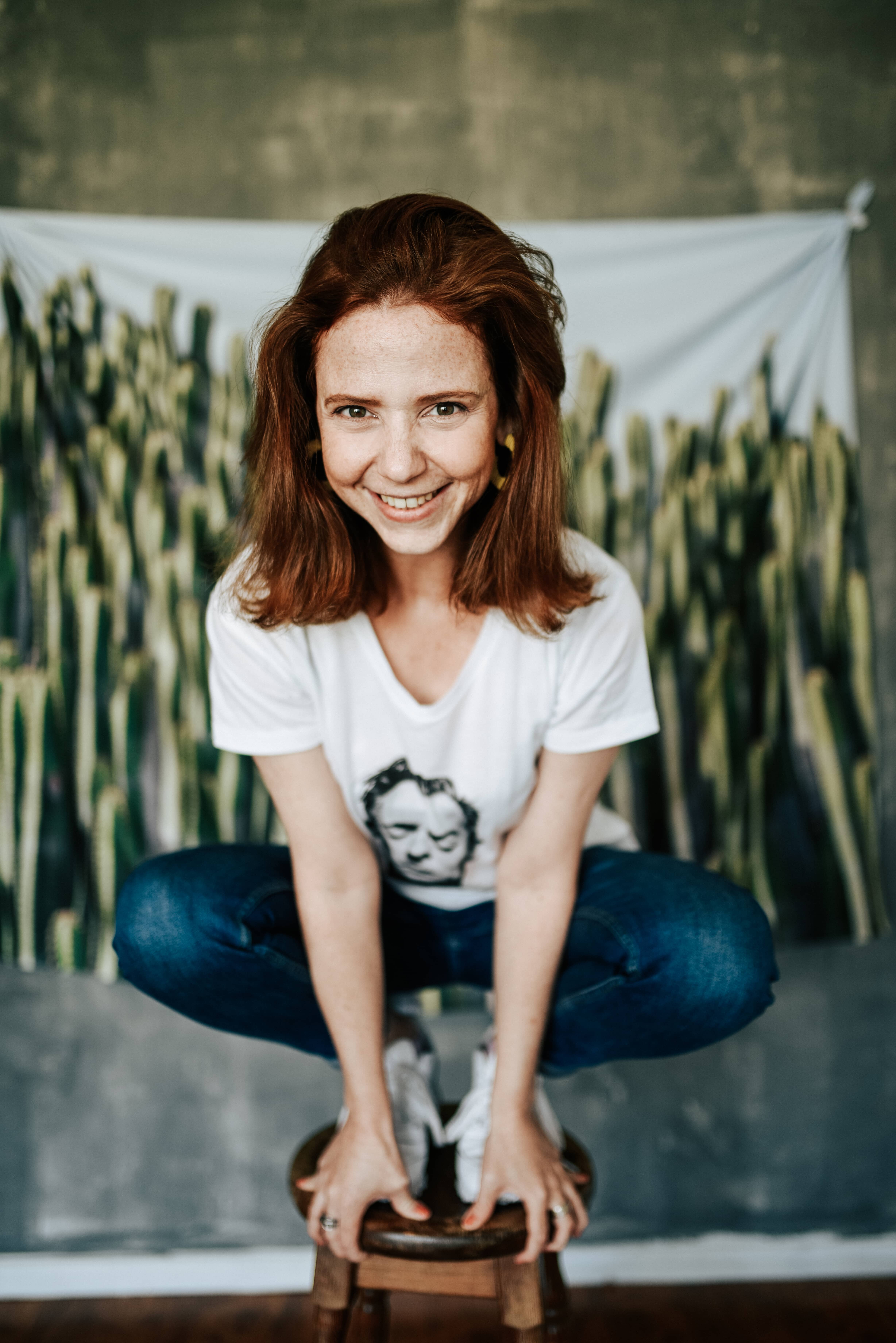
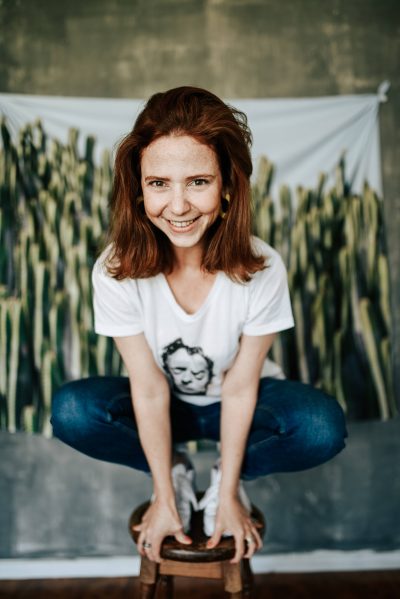 Many women refer to their stillbirth as the “before and after” changing point, the life they had before the stillbirth and the life they have after it is not the same, it’s changed.
Many women refer to their stillbirth as the “before and after” changing point, the life they had before the stillbirth and the life they have after it is not the same, it’s changed.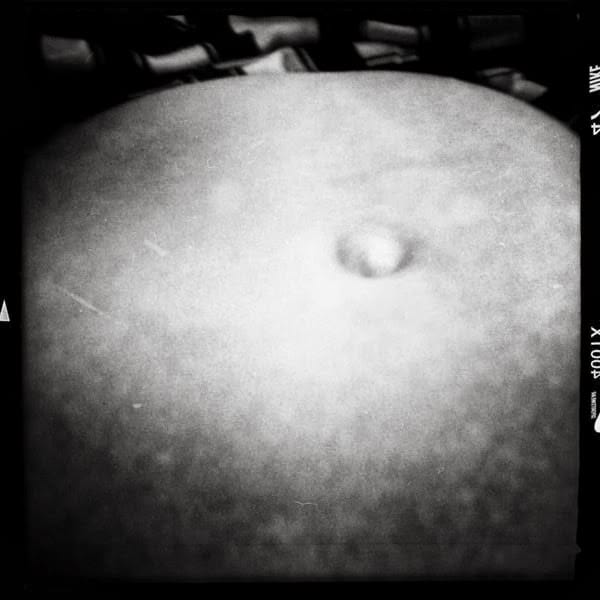
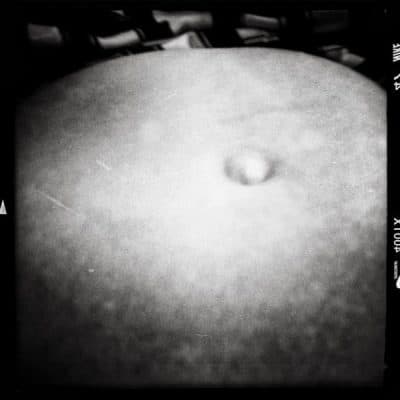 Many women have asked me about the pregnancy that follows a stillbirth.
Many women have asked me about the pregnancy that follows a stillbirth.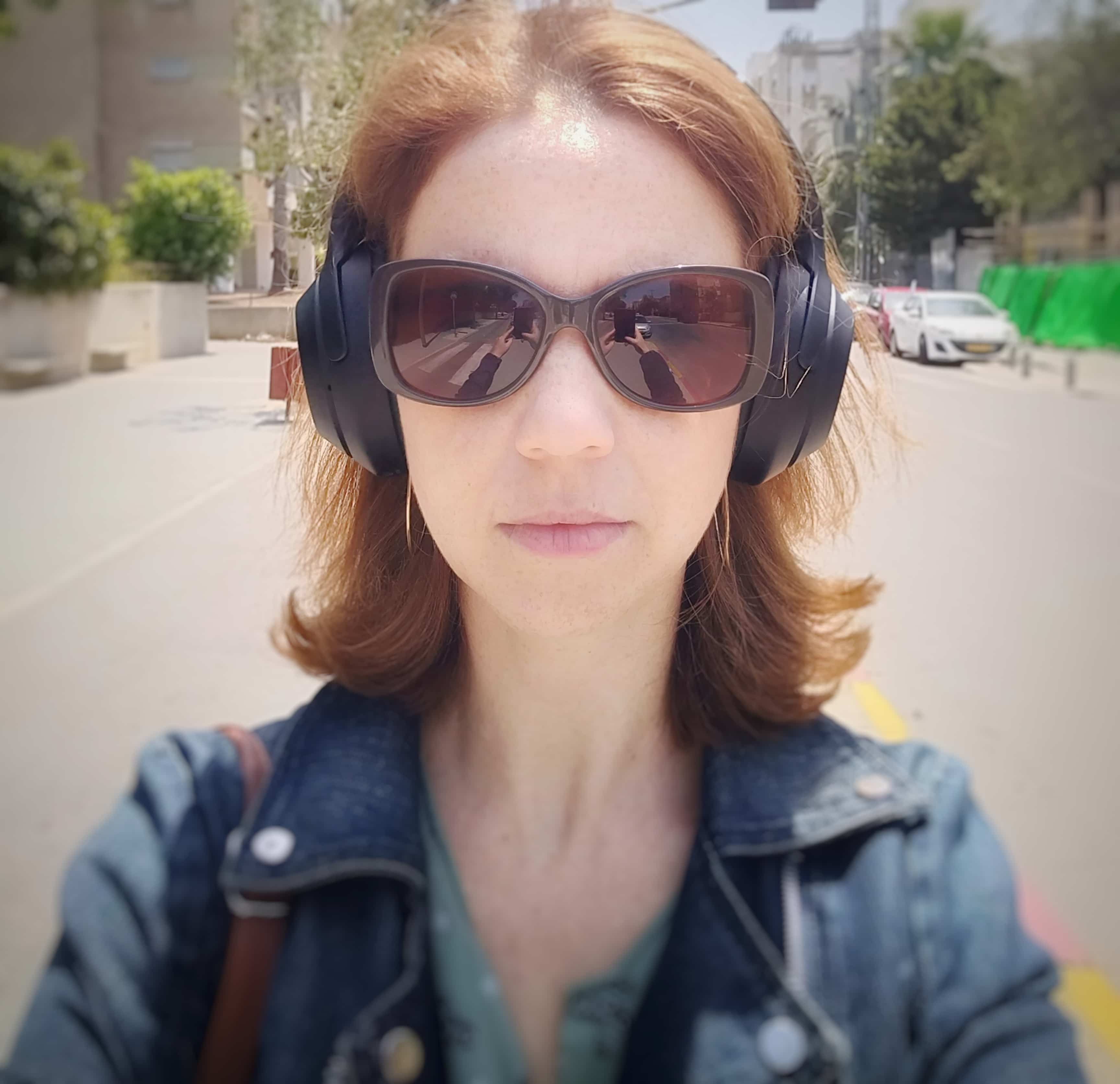
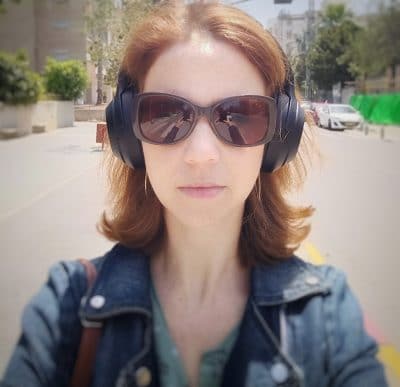 Music is an un-separable part of my life.
Music is an un-separable part of my life.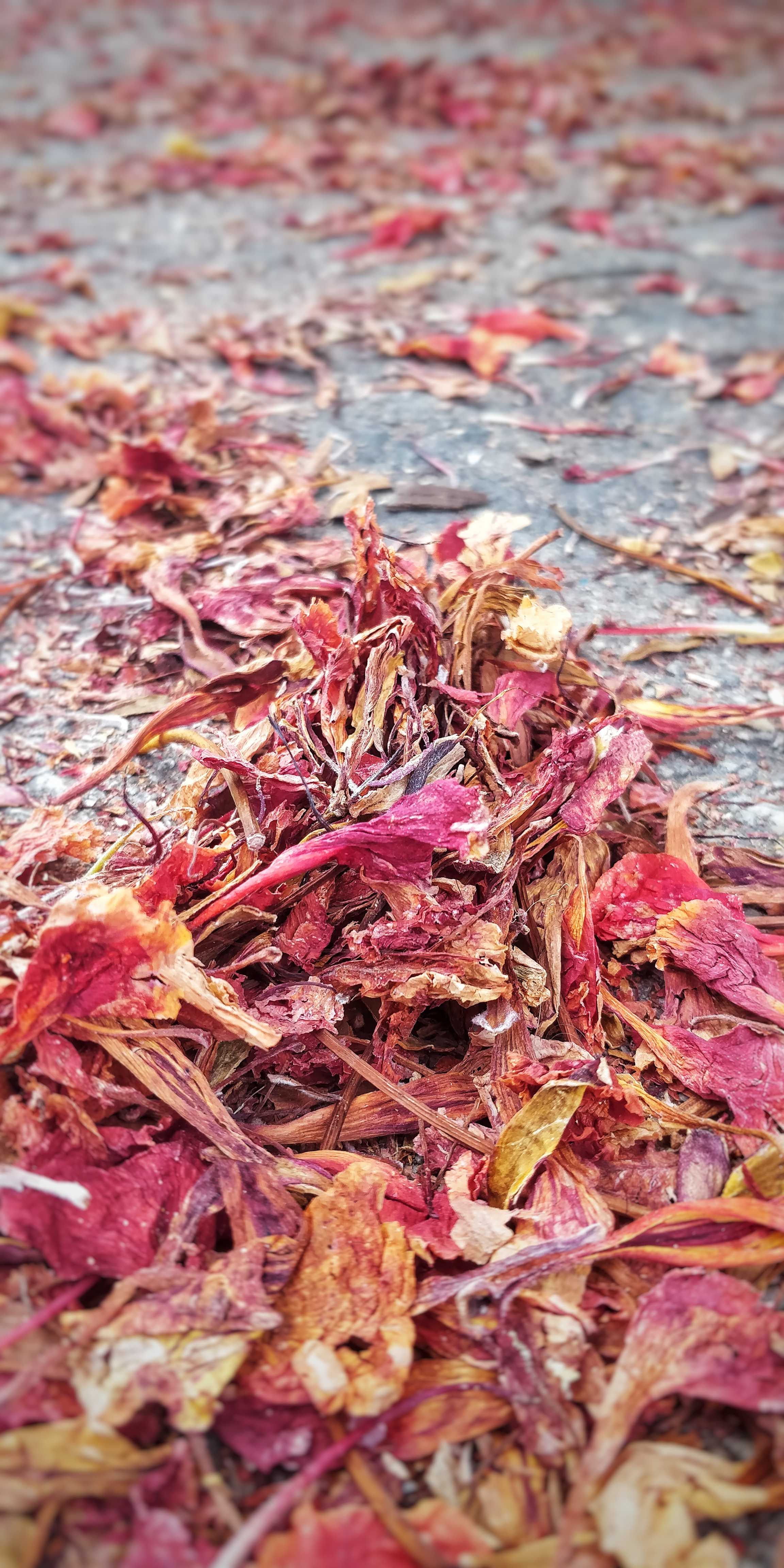
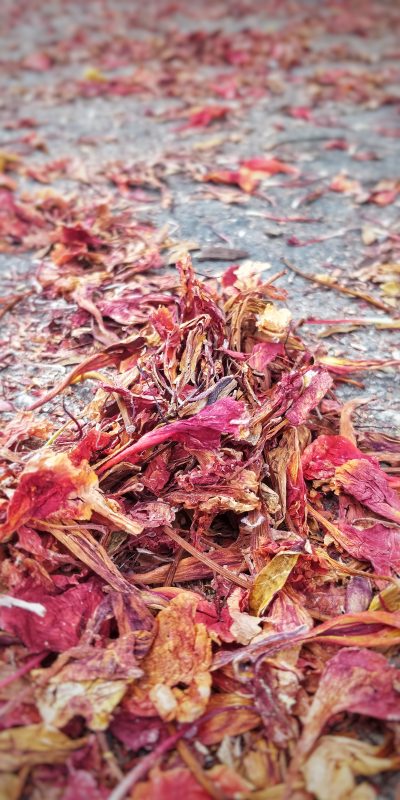 As I finished writing
As I finished writing 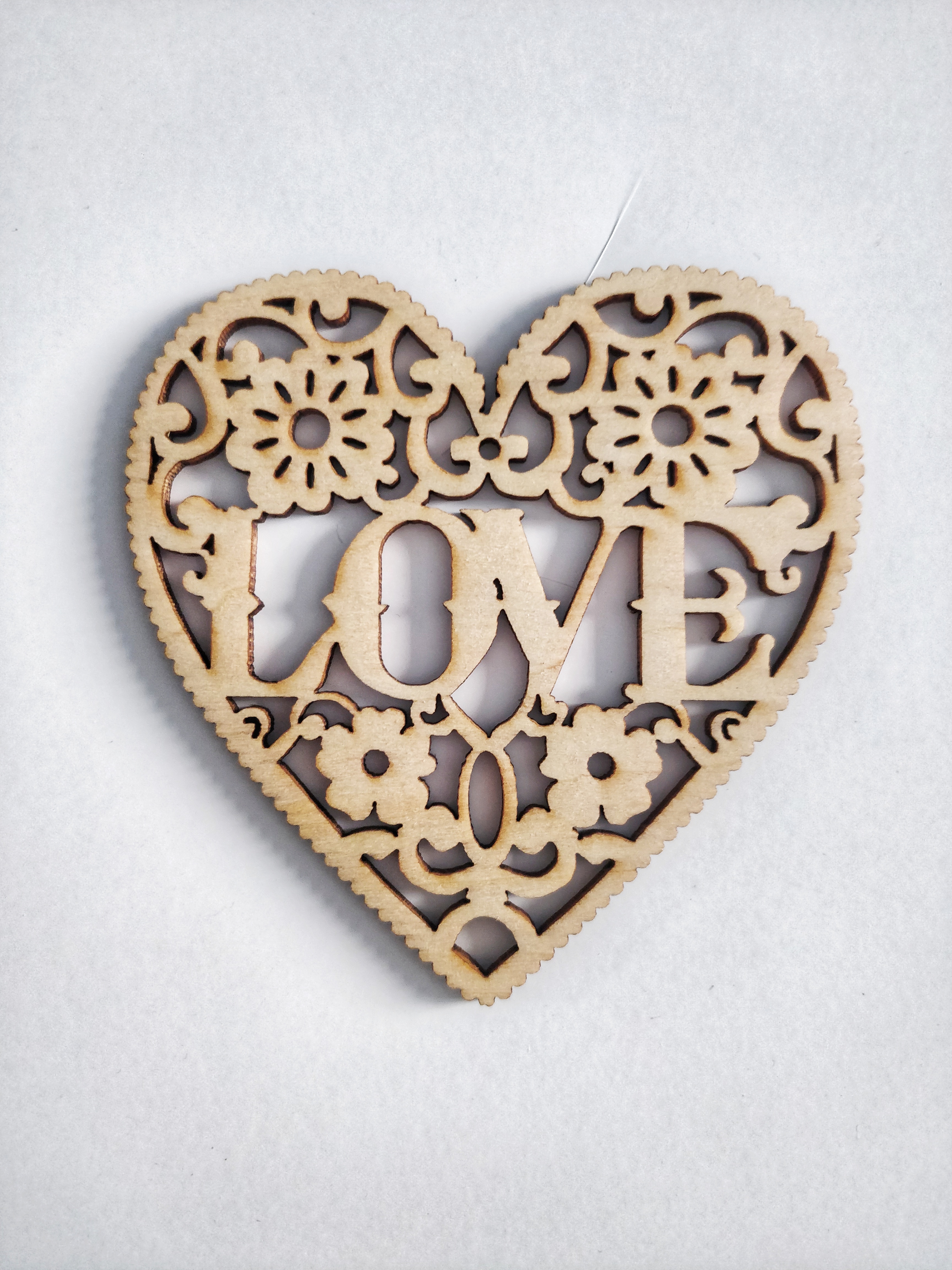
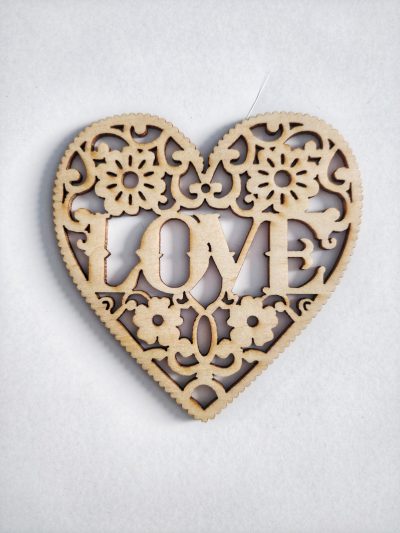 Conversations with a song. Ever had that?
Conversations with a song. Ever had that?
 The grieving period is over, the tears are dry and they don’t visit as often as before. The pain feels different. Smiling and laughter come easier and more frequently, and suddenly a day goes by without thinking about my baby girl Ayelet.
The grieving period is over, the tears are dry and they don’t visit as often as before. The pain feels different. Smiling and laughter come easier and more frequently, and suddenly a day goes by without thinking about my baby girl Ayelet.